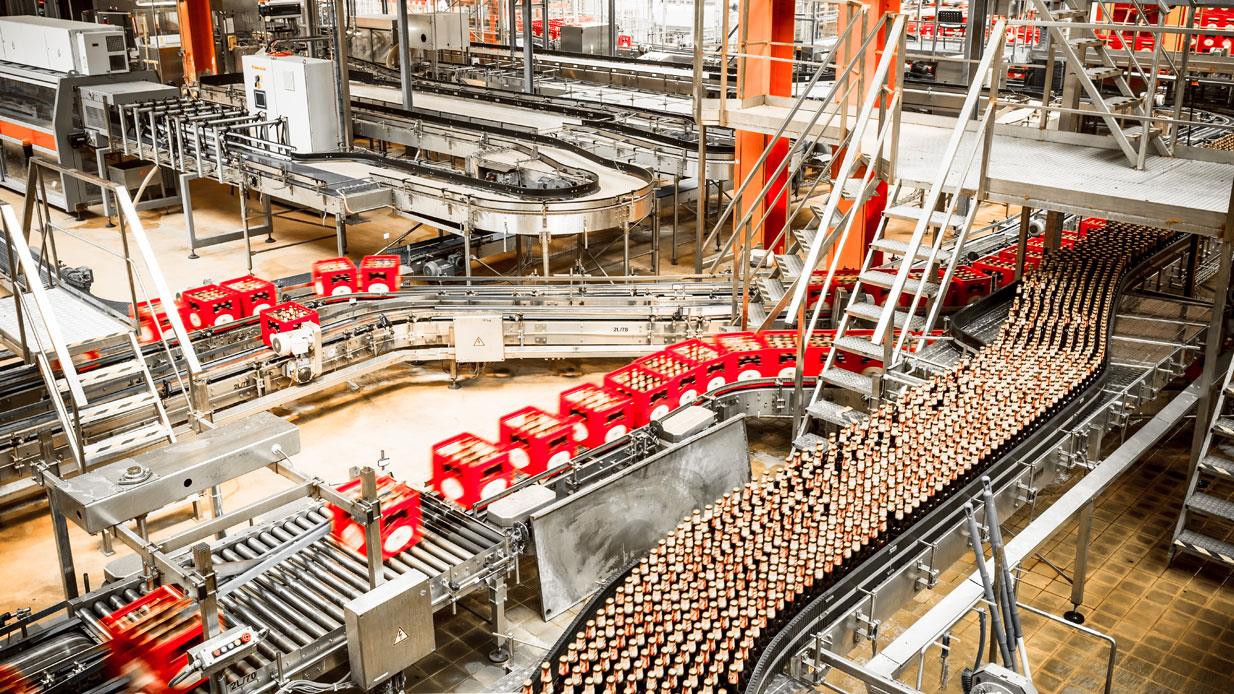By Felicia Nwosu
Nigeria’s manufacturing sector, one of the cornerstones for economic transformation, continues to face significant challenges while holding vast potential for growth and development.
The Nigerian economy, which transitioned from agriculture to petroleum reliance in the late 1960s, has recognized the crucial need to diversify and strengthen its manufacturing capabilities.
Recent data from the National Bureau of Statistics, NBS, underscores the sector’s struggles and achievements. It indicated that in the third quarter of 2023, Nigeria’s GDP grew by 2.54% year-on-year, up from 2.25% in the same period of 2022 and slightly higher than the 2.51% growth in the second quarter of 2023.
Explaining further, it said the Services sector led this growth, expanding by 3.99% and contributing 52.70% to the overall GDP. The agriculture sector saw modest growth at 1.30%, while the industrial sector, including manufacturing, recorded a slight increase of 0.46%, recovering from a sharp decline of -8.00% in Q3 2022.
It however showed also that the manufacturing sector’s contribution to GDP remains modest, stating that, in 2011, it accounted for only 4% of GDP while Projections for 2020 had aimed for this figure to reach at least 15% annually, growing to 30% to position Nigeria among the world’s top twenty economies. Yet, over the past two decades, the sector’s contribution has averaged around 10%, far short of these targets.
Over the years, the sector has continued to grapple and confront numerous challenges that impede its progress.
These include Frequent power outages and high diesel prices drive up production costs, making operations less competitive, multiple taxes imposed by various government agencies which place a heavy financial burden on manufacturers, poor infrastructure affects production efficiency and hampers distribution channels, insufficient foreign direct investment (FDI) restricts the influx of capital necessary for expansion and technological advancement, elevated borrowing costs and inflation whose negative impact has continued to reduce investment and weaken consumer purchasing power, unstable exchange rates, amongst several others.
Despite these obstacles, the manufacturing sector remains crucial for Nigeria’s economic stability, contributing approximately 30% of Nigeria’s Non-Import VAT and 26% of its Company Income Tax, according to a report from KPMG.
The Manufacturers Association of Nigeria (MAN), on the other hand, has consistently cry out, highlighting several challenges such as low-capacity utilization and decreased consumer purchasing power, which have disrupted the manufacturing value chain and many others.
Nigeria’s manufacturing sector, while challenged, remains a critical engine for economic growth and development. Addressing its persistent issues and leveraging its opportunities could lead to a more diversified and resilient economy. With strategic policies and sustained focus, the manufacturing sector is poised for significant growth, promising a brighter economic future for Nigeria.
However, there is a sense of optimism for the future. Recent economic measures introduced by President Bola Ahmed Tinubu, aimed at improving liquidity and easing access to foreign exchange, are expected to stabilize the sector. These initiatives could help reduce production costs, enhance capacity utilization, and drive overall growth.
While the Nigerian manufacturing sector has faced significant hurdles, its strategic importance for economic growth and development remains undeniable. Addressing the sector’s challenges and capitalizing on its opportunities could pave the way for a more stable and competitive Nigerian economy.
With continued focus and supportive policies, the manufacturing sector is poised for a trajectory of growth, offering hope for a more diversified and resilient economic future.







Comment
No comments found.